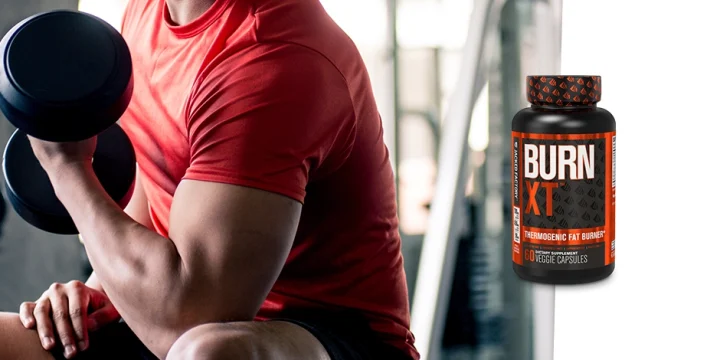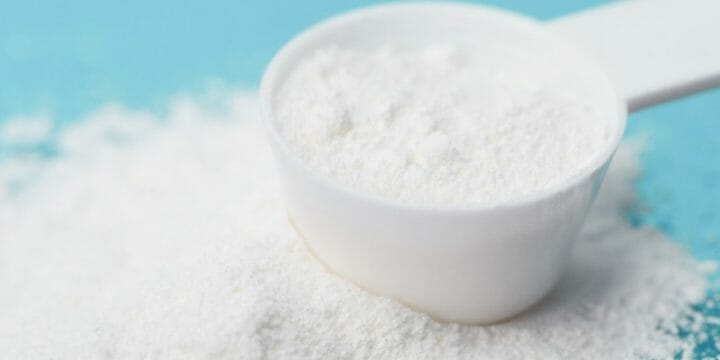Recently, when recommending niacin supplements to one of my patients seeking to lose weight, I was met with some skepticism. She had obviously never heard of them.
So, I decided to publish this report explaining their benefits, how niacin supplements help you lose weight, and their side effects.
Let's dive in.
Quick Summary
- Niacin helps burn fat as it increases physical activity performance, while also lowering your calorie consumption.
- The increased levels of nicotinamide adenine dinucleotide by niacin help boost lipid metabolism.
- Studies published in the National Library of Science show that exceeding 1,000 mg a day can lead to complications like glucose intolerance
- In my professional experience, niacin is a powerhouse nutrient with proven benefits for metabolism and energy levels that often goes overlooked in weight loss discussions.
Is Taking Niacin Supplements Good for Reducing Body Fat?
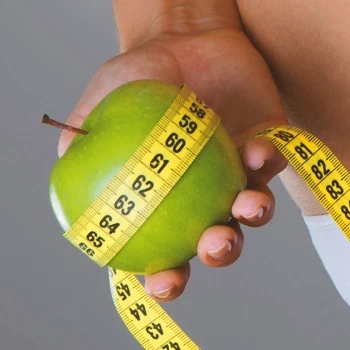
Niacin can aid in fat reduction by increasing physical activity and reducing calorie intake. It boosts metabolism, as per the National Journal of Medicine, helping you burn more calories and energize your workouts [1].
Live Science studies further reveal that niacin improves blood flow and hormone levels [2]. Clinically, I've observed that niacin not only assists in accessing fat for energy but also helps stabilize mood.
Additionally, it plays a role in mental health by affecting serotonin and dopamine synthesis, which influences mood and appetite control.
How Does It Affect Fat Burning?
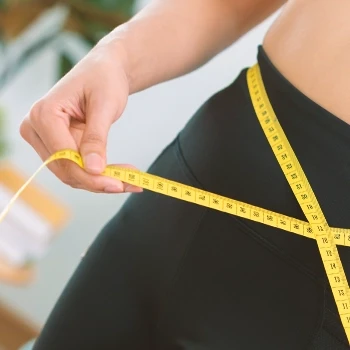
Niacin affects fat burning by increasing the level of nicotinamide adenine dinucleotide (NAD), which plays a vital role in lipid metabolism, as shown by studies published in the National Library of Medicine [3].
A study published on Science Direct shows that NAD helps regulate energy metabolism and aids in DNA repair, which is vital to normal body processes, including lipolysis or the breakdown of fat [4].
Niacin also improves overall circulation. Science Daily research links it to activating brown fat, which helps reduce obesity-causing white fat [5].
Clinically, I've observed niacin's positive effects on mood and appetite control. Patients report improved well-being and reduced appetite, aiding weight loss.
Does It Have Other Health Benefits?
Niacin's benefits extend to raising good cholesterol (HDL) and reducing bad cholesterol (LDL) and triglycerides.
I've seen patients, especially those with high triglycerides, improve significantly with niacin. One, in particular, experienced increased HDL and reduced triglycerides after adding niacin to their regimen.
Niacin's potential to manage diabetes, enhance insulin sensitivity, and reduce heart disease risks is noted by the Mayo Clinic [6].
"Niacin clearly increases HDL cholesterol and reduces triglycerides in individuals with type 2 diabetes."
- Dr. Gloria Vega, Professor of Clinical Nutrition
Unlike other B vitamins like B12, known for nerve function and blood cell production, niacin specifically impacts cholesterol and metabolic health. In my practice, I recommend a gradual niacin dosage increase, closely monitoring for side effects.
This careful method has helped many patients achieve weight loss without experiencing 'niacin flush' or other side effects.
Can Niacin Intake Cause Negative Side Effects?
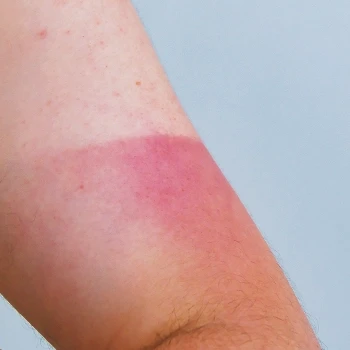
Niacin can have side effects like skin flushing, itching, and increased blood uric acid and glucose, similar to other B vitamins.
Higher doses can cause "niacin flush," a severe skin redness due to widened blood vessels, as noted by the National Institutes of Health [7].
In my practice, I've seen that exceeding 1000 mg daily can cause issues like glucose intolerance, reported in the National Library of Science [8].
I start patients on lower doses and gradually increase, carefully monitoring to avoid adverse effects.
FAQs
How Long Before a Workout Should I Take Niacin?
You should take niacin 15 to 30 minutes before your workout because your body absorbs nicotinic acid quickly once ingested, resulting in optimal niacin blood levels. This causes your blood vessels to widen, increasing blood flow in your body and providing you with an extra "pump" during strenuous workouts.
Can I Take Niacin on an Empty Stomach?
You can take niacin on an empty stomach, but this increases your chances of experiencing side effects such as stomach upset. Increasing dietary niacin intake or taking extended-release niacin with a meal or snack can help you avoid temporary adverse effects.
References:
- https://pubmed.ncbi.nlm.nih.gov/26828517/
- https://www.livescience.com/51825-niacin-benefits.html
- https://pubmed.ncbi.nlm.nih.gov/25308486/
- https://www.sciencedirect.com/science/article/pii/S1096719208001935
- https://www.sciencedaily.com/releases/2016/03/160301120046.htm
- https://www.mayoclinic.org/diseases-conditions/high-blood-cholesterol/in-depth/niacin/art-20046208
- https://www.ncbi.nlm.nih.gov/pmc/articles/PMC2779993/
- https://www.ncbi.nlm.nih.gov/pmc/articles/PMC4211901/
About The Author
You May Also Like

